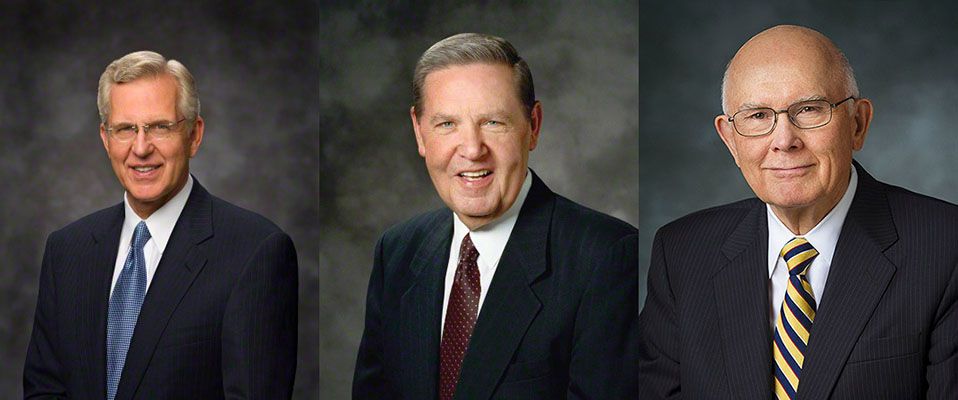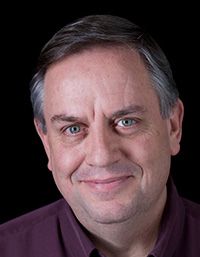Three Apostles. Three Months. One Topic.
November 2, 2016 • Blog Post
It’s rare when three apostles visit BYU in three consecutive months. But in July, August, and September 2016, Elders D. Todd Christofferson, Jeffrey R. Holland, and Dallin H. Oaks each spoke in the Marriott Center. What struck me even more is that each of them spoke about one topic—religious freedom. All mentioned in one way or another that religious freedom is under siege but also provided hope and thoughts on how each of us might be anxiously engaged in reversing such ominous trends

In his “Religious Freedom—A Cherished Heritage to Defend,” Elder Christofferson shared a thorough history on the “role [that] religious faith and churches have played in the miraculous unfolding of America.” He ended with a stirring challenge: “This is our moment to defend our fundamental freedoms. With courage, conviction, and civility, . . . each one of us can make a profound difference.”
Elder Holland began his Education Week address, “Religion: Bound by Loving Ties,” by quoting Elder Neal A. Maxwell’s prescient devotional, “Meeting the Challenges of Today,” (one of our all-time most viewed speeches) about the new “irreligious imperialism.” He then went on to demonstrate how vital religious freedom has been and will be in our society. Showing the influence of our great religious heritage, he illustrated “only a handful” of such examples from literature and art. He finished by asking us to “live the religious principles we say we want to preserve.”
The next month, at a BYU devotional titled “Elections, Hope, and Freedom,” Elder Oaks—who spent 19 years in positions of academic leadership—provided real, potent examples of challenges in higher education, asking us to “augment or challenge” his observations. He also said that “comparable examples could be given in the broader society, including the media, the arts, business, politics, and other areas of culture.” At the end of his talk, he suggested five actions that can foster our freedom and hope.
Honestly, I struggled to summarize these talks into a single blog post. Each speech covered deeply rich content, making such an executive summary weak. So I will just say that now—when our religious freedom is being challenged, perhaps more than most of us realize—it seems incumbent on us to study the full speeches of each of these apostles and then act as they have asked us to act. Happy studying!

Charles Cranney manages BYU Speeches and produced the first BYU Speeches website in 1996. He enjoys working with and mentoring talented BYU students while attending to the needs of vast audiences in the digital domain. Two years ago he embraced a whole-food, plant-based (WFPB) lifestyle and hasn’t looked back since.



